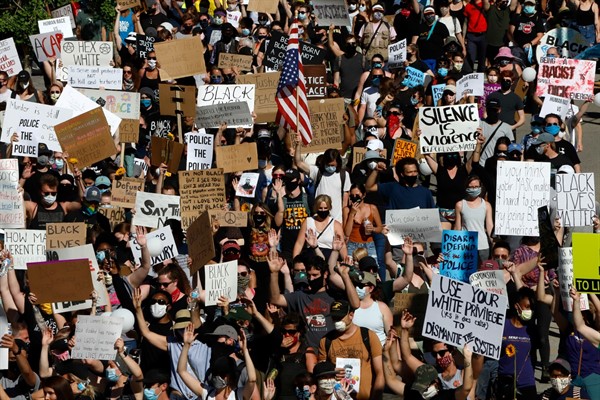For the past four years, the United States has been trending, as they say about social media, and not in a good way. It began with a presidential campaign in which Donald Trump, the eventual winner, called Mexicans rapists and showered playground insults on his Republican rivals.
For most of the postwar period, an underrated secret of American power has been to avoid this kind of spotlight. It made other countries and their problems, and not the United States itself, the focus of global attention: human rights here, massacres there, famines, rebellions, coups and more. The global diet of news for many decades has mostly been a steady scroll of other people’s crises. Against this backdrop, Washington has striven for its power and its values to loom as a global given, a kind of cosmological constant, as little as possible the focus of attention and never up for debate.
Of course, this long period has been punctuated by important exceptions. One prime example is the civil rights movement of the late 1950s and 1960s, when African Americans pushed determinedly for the full benefits of citizenship so long denied to them. This was followed by the anti-war movement that swept the United States in the late 1960s and early 1970s, which aimed to force the country to abandon the devastating war in Vietnam and neighboring Laos and Cambodia. Then, just after the turn of the century, came 9/11 and the attack on the World Trade Center.

